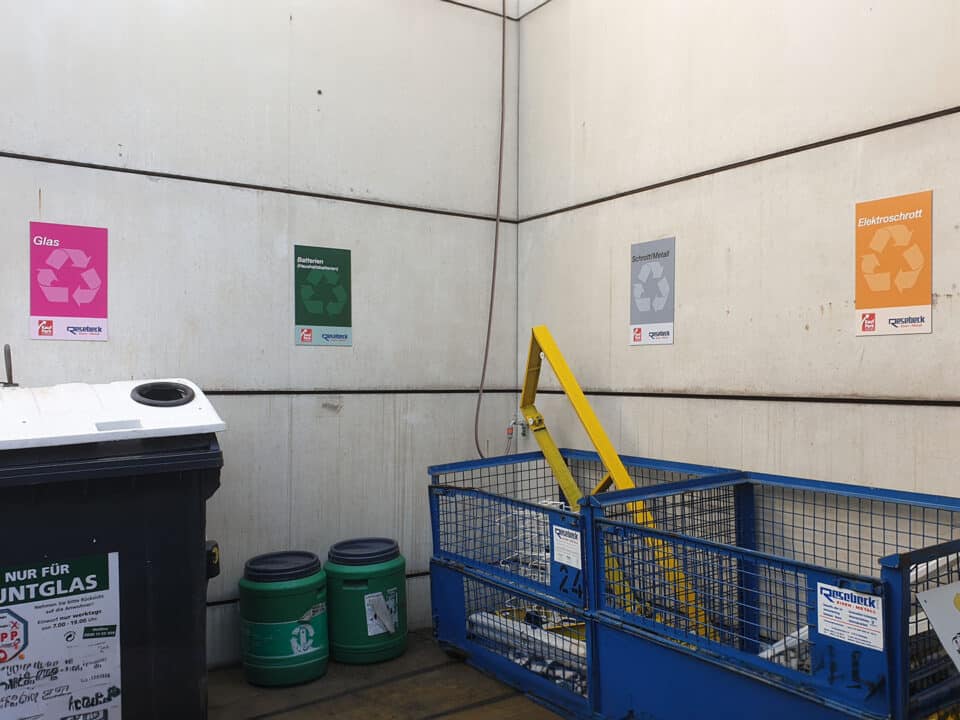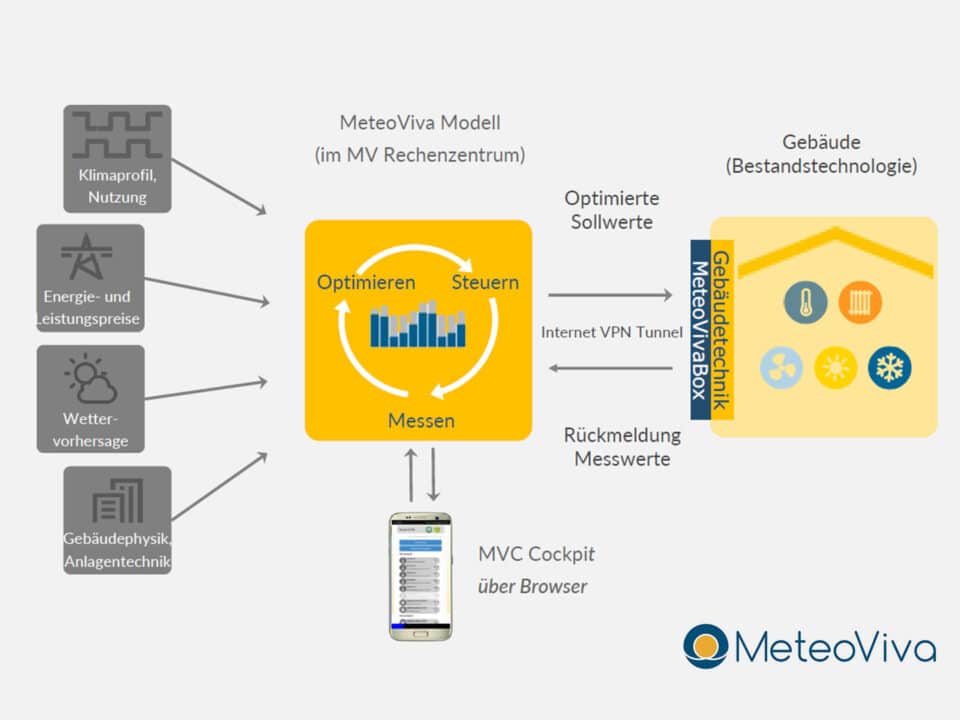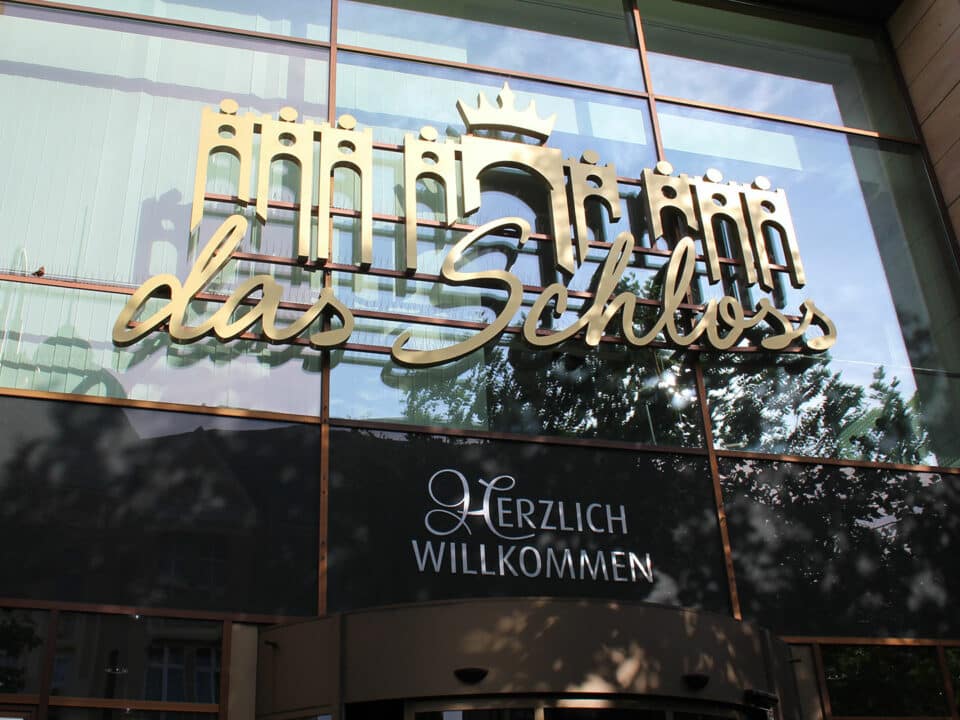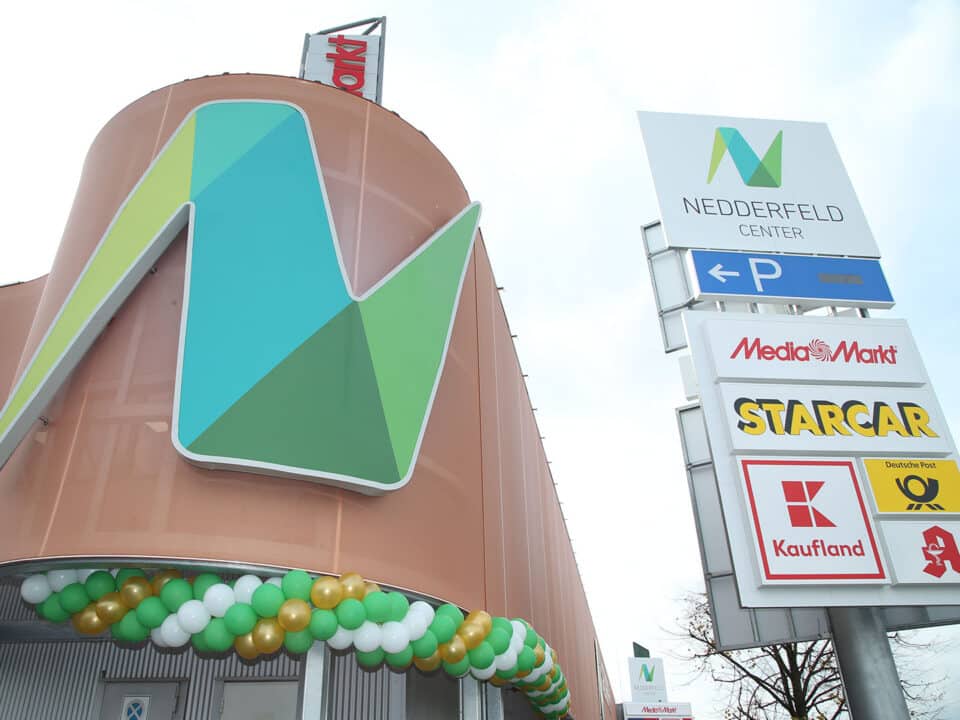Implementation of an innovative digitization project at Kauf Park Göttingen
Realized by VÖLKEL and regional municipal utilities
Kauf Park Göttingen is one of the first shopping centers in Germany to use the innovative LoRaWAN technology for efficient and sustainable commercial space management on a 160,000 m² site with 60 heterogeneous retailers. VÖLKEL Real Estate, as the operating company of the Kauf Park, implemented this project together with Stadtwerke Göttingen AG as technology partner.
LoRaWAN – What is it anyway?
LoRaWAN stands for “Long Range Wide Area Network” and is an energy-efficient and long-range wireless network that is used to connect devices and sensors and integrate them into the “Internet of Things”. “The “Internet of Things” (IoT) is the technology used to network objects with the Internet for their independent digital communication, for example to generate data, for automatic process sequences and for warning and emergency functions.
The special feature of Kauf Park is that the transmission of data packets in the low frequency range works without restriction throughout the entire site, including in the basement and in the shafts below the building. This means that sensors can be installed at any location and transmit their data online to a network server of the municipal utility company. This is where the information is analyzed and structured to optimize processes and workflows.
To achieve this, the purchase park was equipped with various electronic sensors in a complex process, which generate data via two gateways installed on the site. Measured values for energy consumption, for example, can be controlled and monitored cost-effectively, thus optimizing resources.
The realization
In the realization phase of the project, several process steps were implemented in order to implement the LoRaWAN applications in the Kauf Park.
- Step 1: First, the LoRaWAN network in Göttingen was expanded by two gateways at the Kauf Park site.
- Step 2: Around 150 consumption meters for water, electricity, heat and gas were then retrofitted.
- Step 3: Finally, a digital dashboard was set up to store, display and archive generated consumption data.
- Step 4: Emergency sensors were also integrated to detect leaks in the supply network and deviations from the standard values for CO2, humidity, temperature and noise levels in rooms and underground garages at an early stage.
This enables a system-controlled analysis of the data and the identification of potential energy savings. Incorrect consumption has already been identified and rectified. The technology also offers numerous applications for increased operational safety and sustainable commercial space management.
The result
The project will have a long-term impact on the Kauf Park’s overall energy and resource management and has the potential to act as a pioneer for other German shopping centers. The economical use of energy and resources is part of the operating company’s long-term corporate strategy.
The aim is the sustainable operation of the shopping center at the lowest possible operating costs for the tenants with decreasing margins in the retail business and for the administration in the responsibility of an ecological building management.
The vision
As part of this project, Kauf Park and the municipal utilities are planning to use AI (artificial intelligence) to use and evaluate the data even more efficiently. While all data still has to be analyzed and conclusions drawn manually after the fact, AI can support the analysis and provide recommendations for action.
This means, for example, that unexpected and unusual energy consumption is detected by the AI and the system automatically triggers a message to the building services. This could happen, for example, if gas is consumed at night due to a leak.



